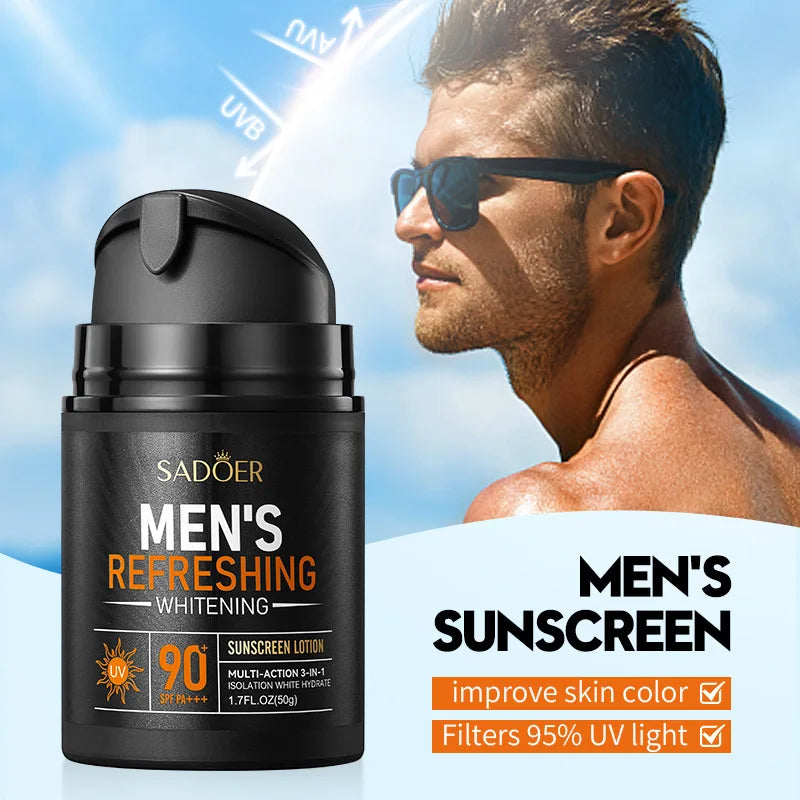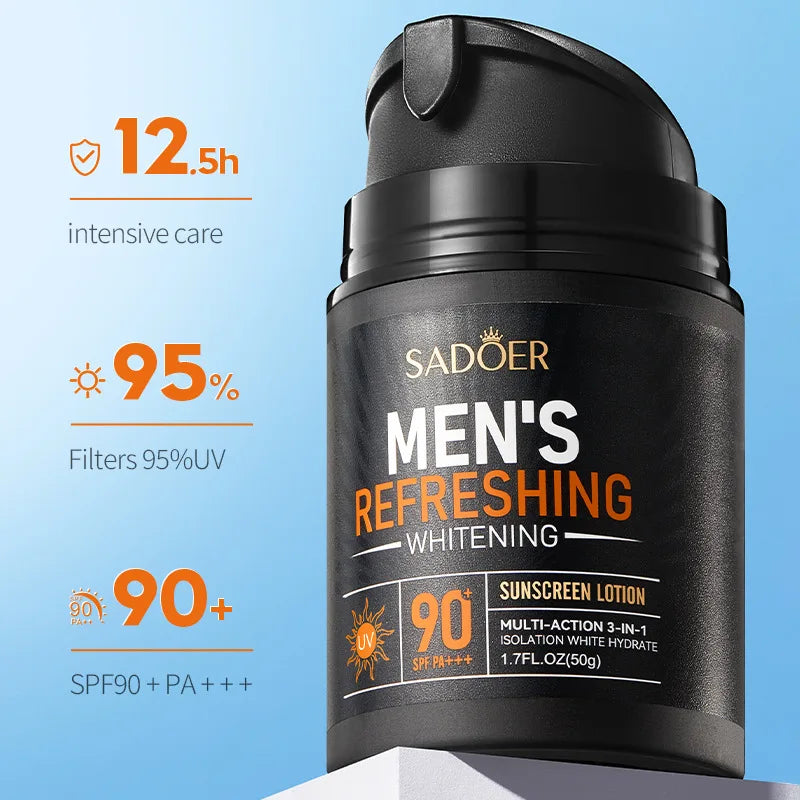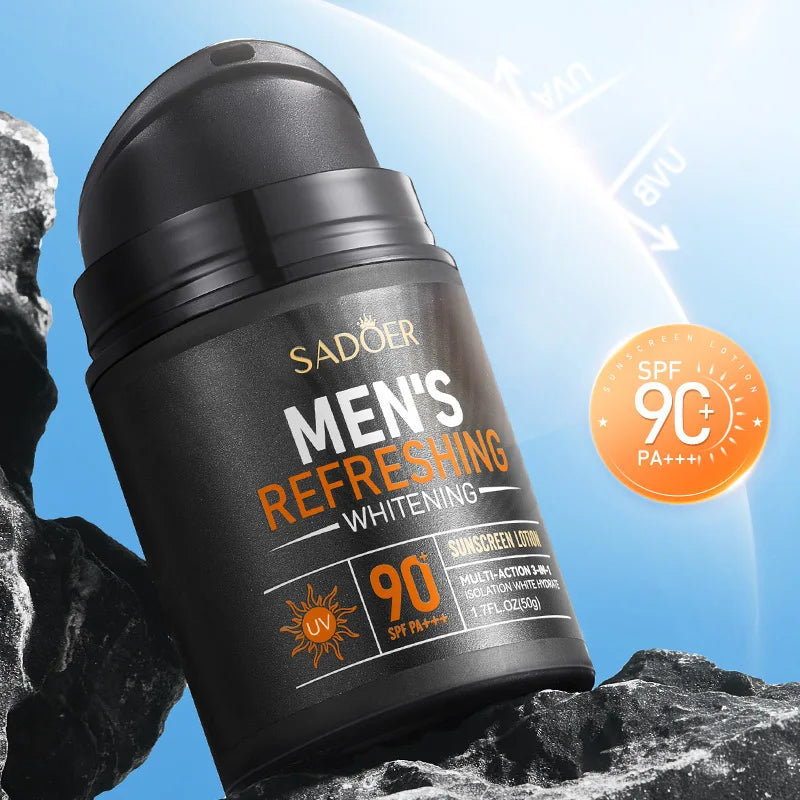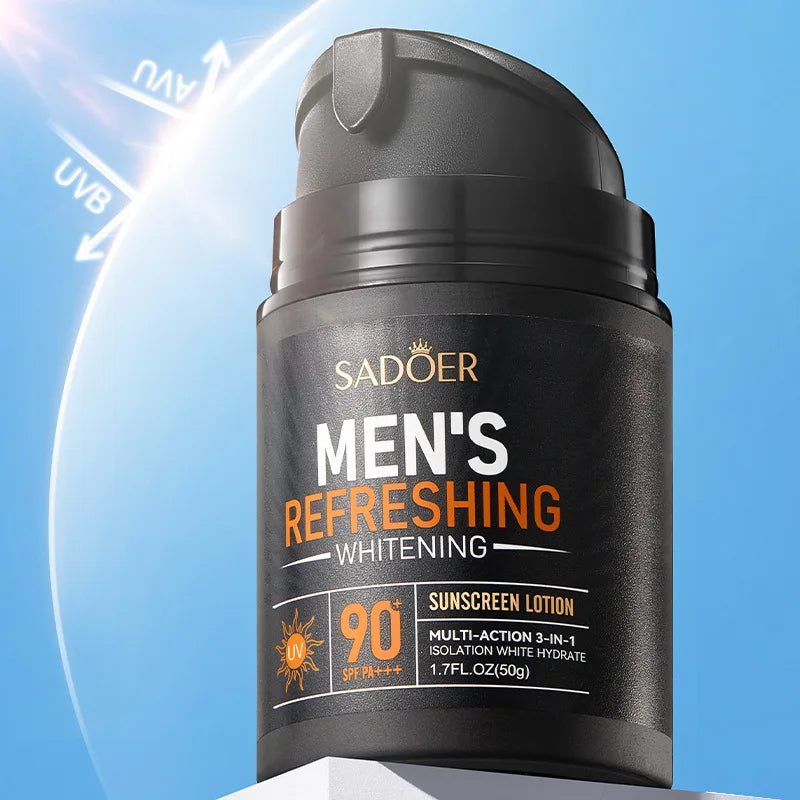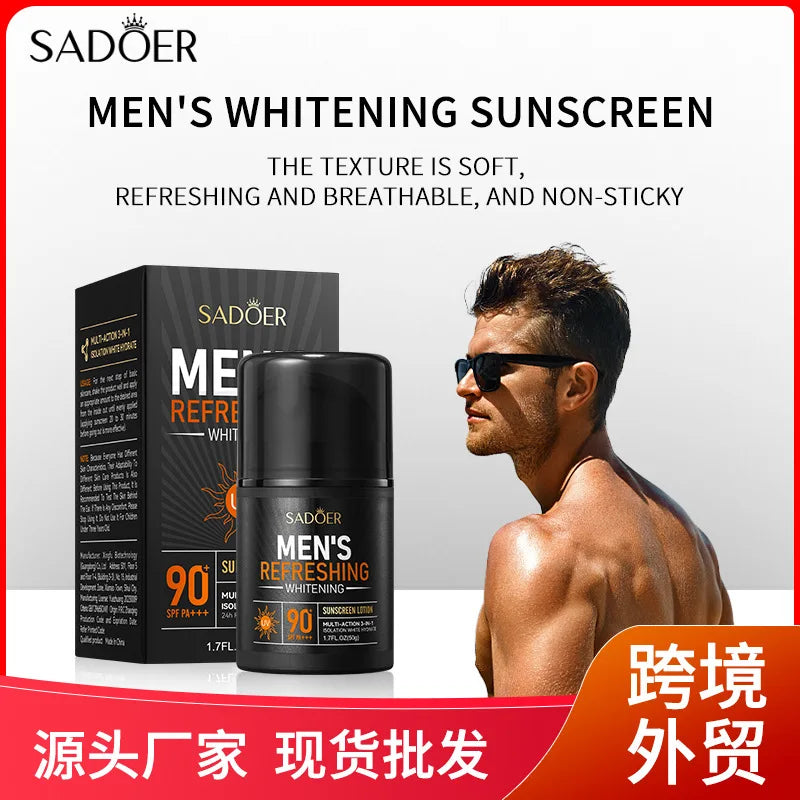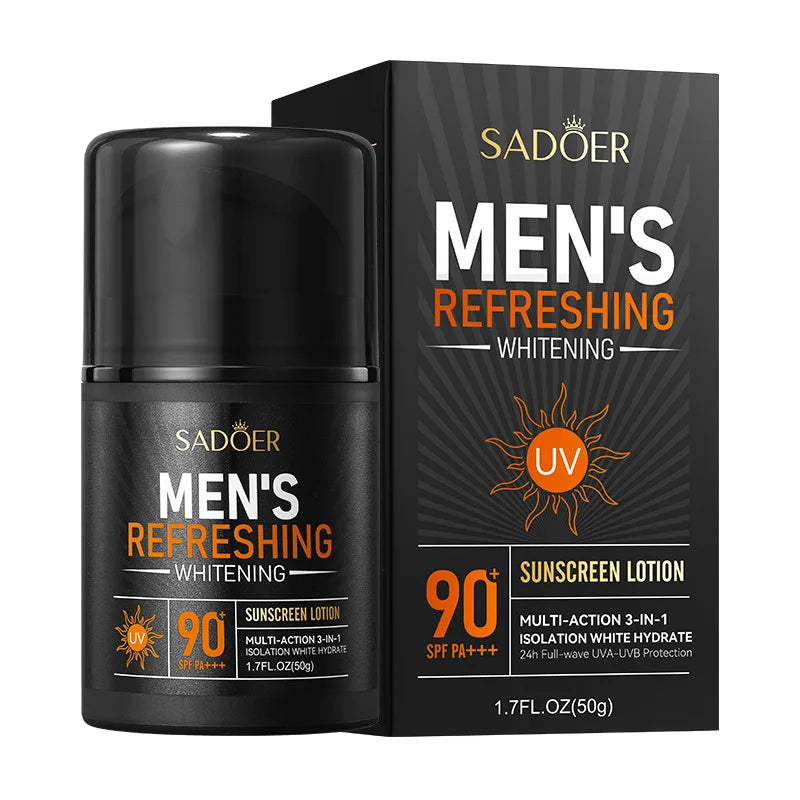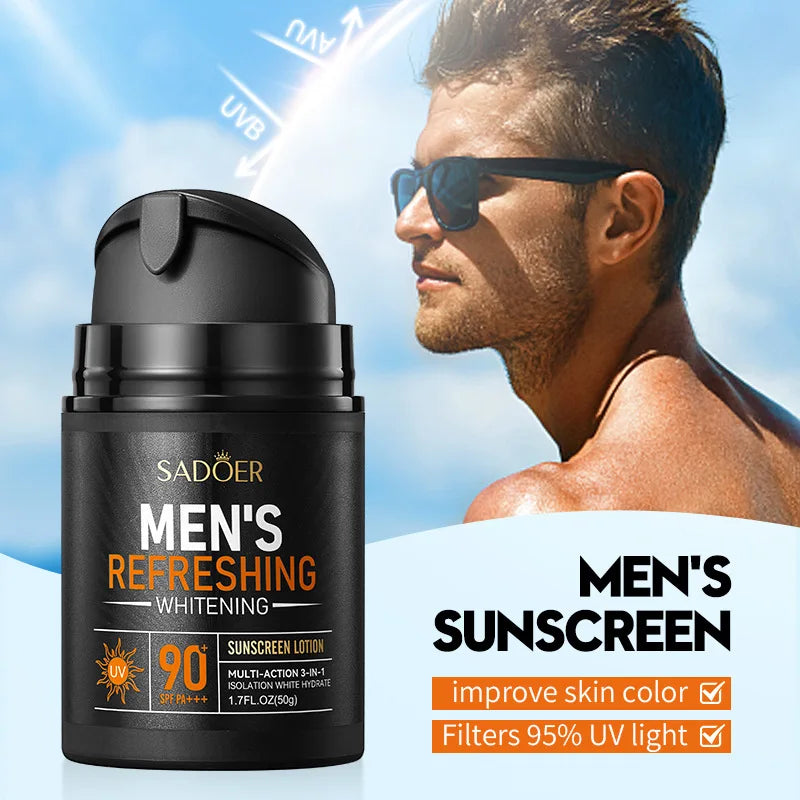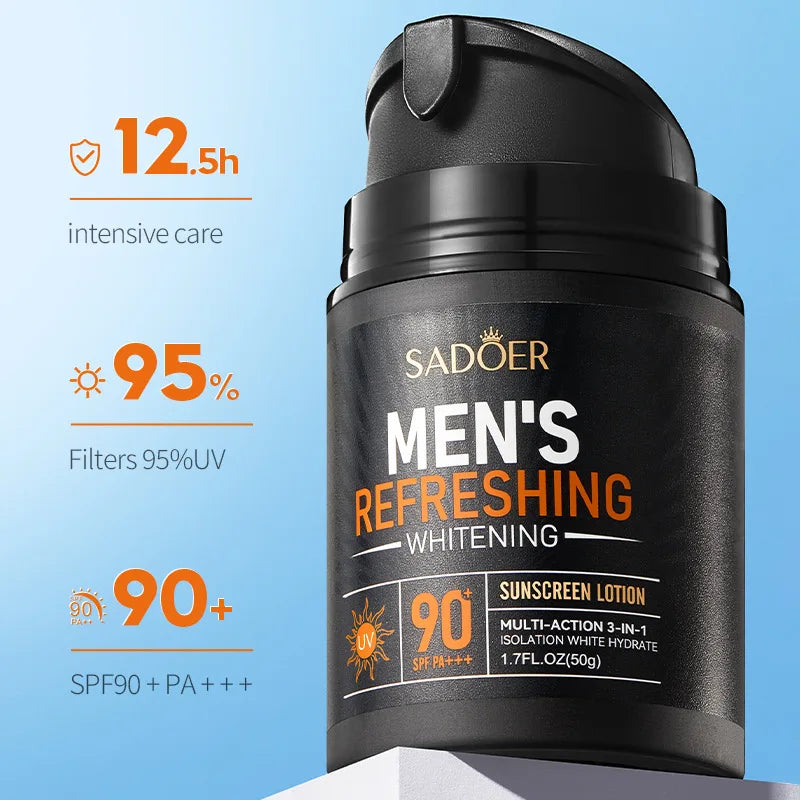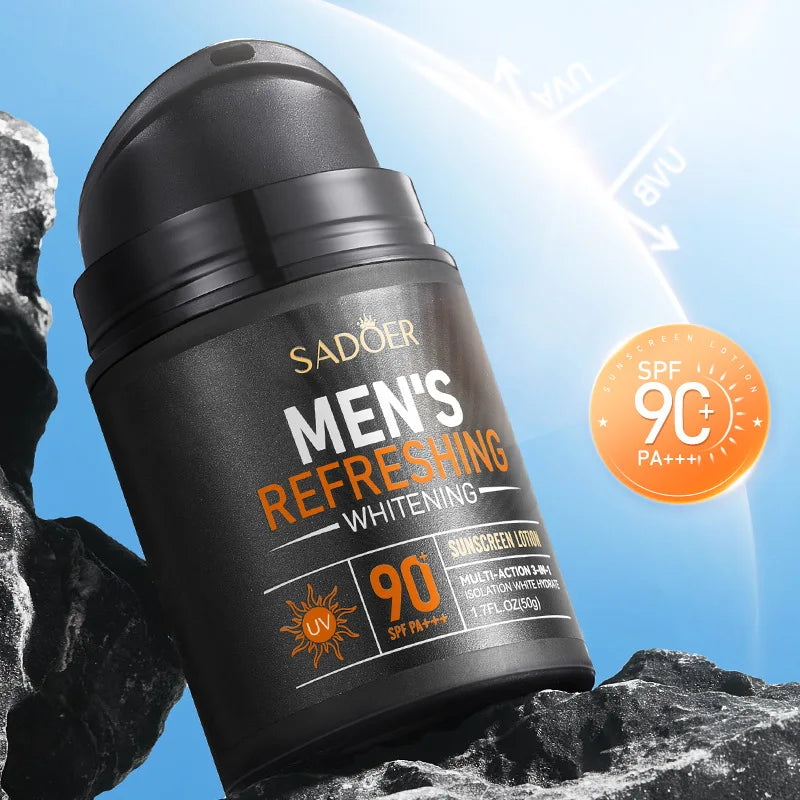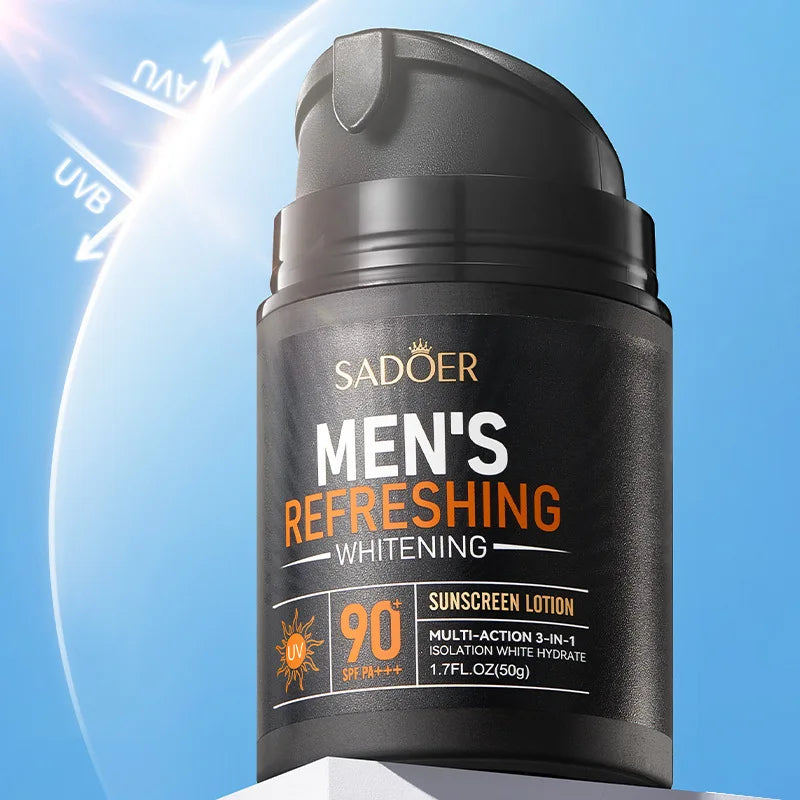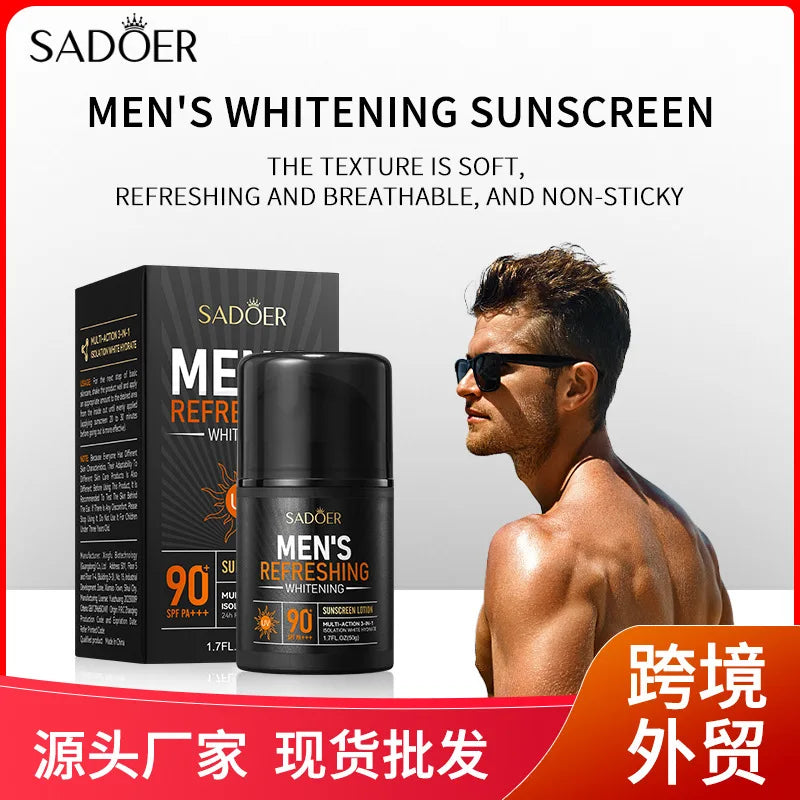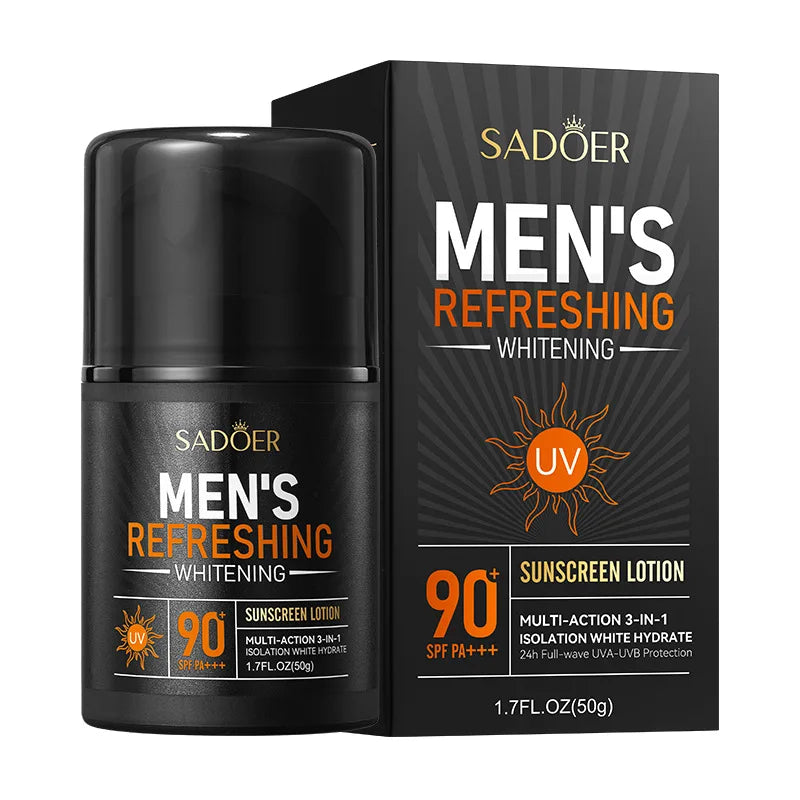1
/
of
6
eprolo
Solar blocker sunscreen
Solar blocker sunscreen
Regular price
$23.99
Regular price
Sale price
$23.99
Unit price
/
per
Tax included.
Shipping calculated at checkout.
Couldn't load pickup availability
Product Specification:
- Broad-Spectrum Protection: Look for a solar blocker sunscreen that offers broad-spectrum protection, which means it protects against both UVA and UVB rays. UVA rays can prematurely age the skin and contribute to skin cancer, while UVB rays are the primary cause of sunburn.
- SPF Rating: Choose a solar blocker sunscreen with a Sun Protection Factor (SPF) of 30 or higher. SPF indicates the level of protection against UVB rays, with SPF 30 providing high protection and SPF 50 providing very high protection. Keep in mind that no sunscreen offers 100% protection, so it's essential to reapply regularly, especially after swimming or sweating.
- Water-Resistant: If you'll be swimming or sweating, opt for a water-resistant solar blocker sunscreen. Water-resistant formulas provide protection for up to 40 or 80 minutes of water exposure, depending on the product. Be sure to reapply sunscreen immediately after towel-drying or sweating to maintain protection.
- Non-Comedogenic: Choose a solar blocker sunscreen that is non-comedogenic, meaning it won't clog pores or exacerbate acne. This is particularly important for individuals with oily or acne-prone skin, as some sunscreens can contribute to breakouts.
- Suitable for Sensitive Skin: If you have sensitive skin, look for a solar blocker sunscreen formulated specifically for sensitive skin types. These sunscreens are often fragrance-free and free of common irritants, such as alcohol, dyes, and parabens, which can cause irritation or allergic reactions.
- Physical vs. Chemical Sunscreen: Solar blocker sunscreens come in two main types: physical (mineral) and chemical (organic) sunscreens. Physical sunscreens contain active ingredients like zinc oxide or titanium dioxide, which sit on the skin's surface and reflect or scatter UV rays. Chemical sunscreens contain organic compounds that absorb UV rays and convert them into heat, which is then released from the skin. Both types can provide effective protection, so choose based on personal preference and skin sensitivity.
Share
